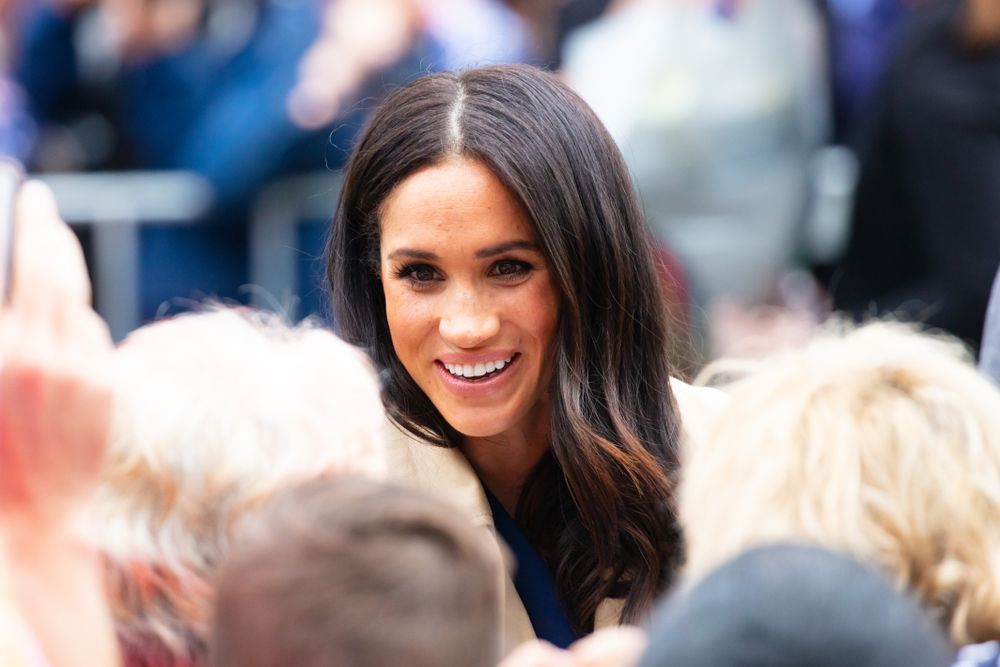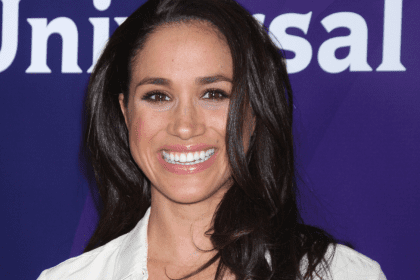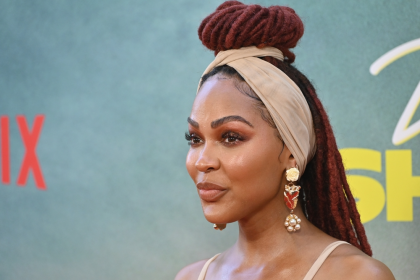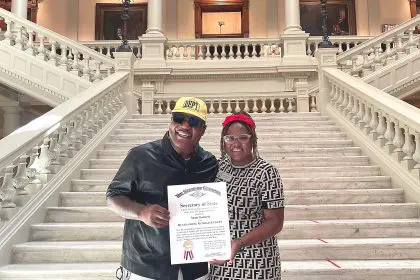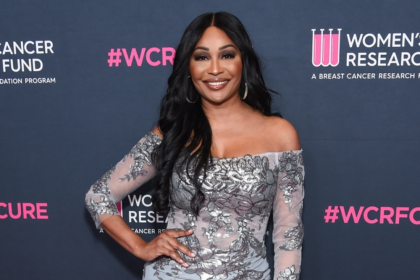Meghan Markle recently received a warm welcome and a significant honor during her visit to Nigeria with her husband, Prince Harry. The Duchess of Sussex was christened with a handwoven Yoruba Ada Mazi drape and royal beads, and bestowed the honorary title of “Adetokunbo,” meaning “the crown or royalty from across the seas.” This recognition comes as a poignant moment for Markle, who revealed that she is 43 percent Nigerian, a discovery that has deepened her connection to her heritage.
Discovering roots and embracing heritage
Raised by her Black mother, Doria Ragland, in Los Angeles, Markle has often spoken about her biracial identity and the complexities it brings. It wasn’t until her marriage into the royal family that she felt the full impact of being treated as a Black woman. Her journey of self-discovery led her to learn more about her lineage, which she shared with listeners on her “Archetypes” podcast. The trip to Nigeria not only supported their charitable work and the Invictus Games but also served as a homecoming of sorts for Markle.
A royal welcome in Lagos
In Lagos, Markle’s new title, “Princess of Arochukwu Ancient Kingdom,” was celebrated as she was met with adulation. She reflected on the attributes associated with Nigerian women — bravery, resilience, courage, power and beauty — and expressed her honor in being considered among such esteemed company.
Controversy and support
The Duchess’s candid embrace of her Nigerian roots has sparked a range of reactions. While some celebrate the diversity she brings to the royal narrative, others point to the tensions with the British Monarchy following the couple’s decision to step back from royal duties. The Netflix series “Meghan & Harry” highlighted their concerns for safety and the racist harassment they faced, leading them to relocate to California.
Despite the mixed reactions, Markle’s honorary title has resonated with many, symbolizing a homecoming and a celebration of her African American heritage. It’s a testament to the diversity and resilience that she represents, both as a member of the royal family and as a woman of Nigerian descent.
As the Duchess continues to navigate her public life, her connection to Nigeria stands as a powerful reminder of the importance of understanding one’s roots and the strength found in embracing one’s identity.

